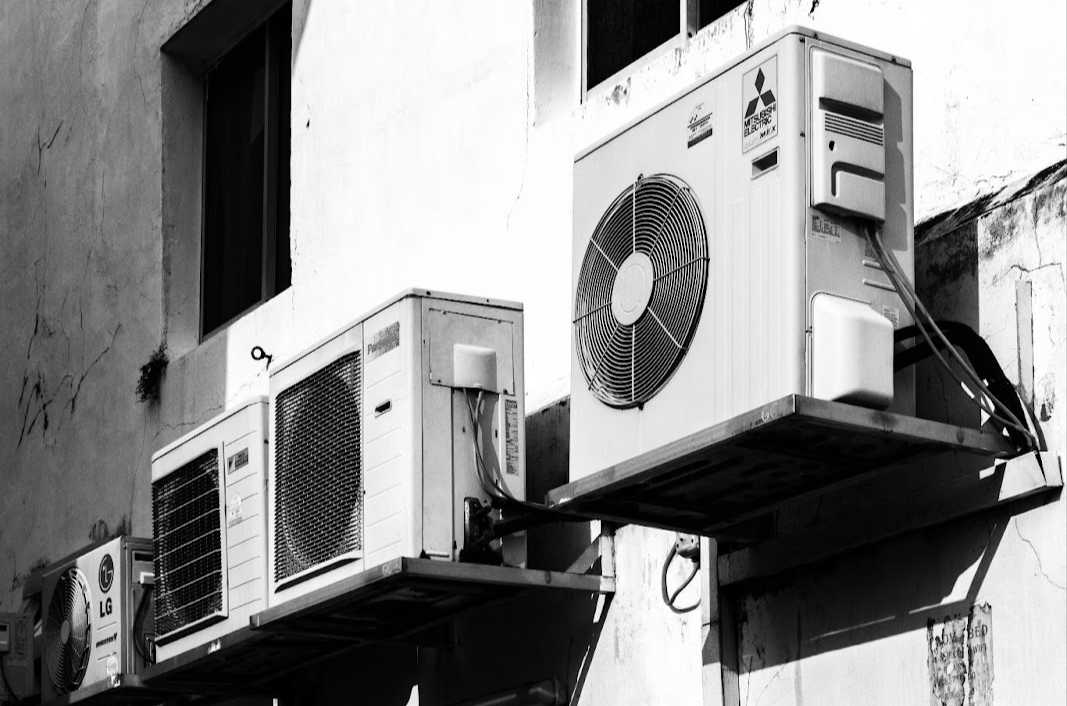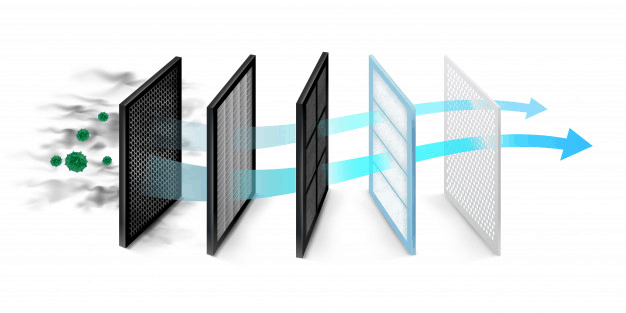Indoor Air Quality and Floor Air Distribution
Indoor Air Quality Directly Impacted by Floor Air Distribution
Floor, wall and ceiling mounted to meet your unique project design.
3 min read
Joe Hullebusch : Apr 23, 2018 12:00:00 AM
Underfloor air distribution (UFAD) continues to gain popularity among building and facility owners due to the range of benefits it offers versus a traditional overhead system. Improved air quality, design flexibility, and reduced energy costs are all factors driving the adoption of this HVAC technology.
It’s the lower costs associated with UFAD that ultimately makes it an attractive choice for new building constructions. Not only does UFAD require lower fan speeds, the fact that it relies on natural convection forces and stratification means that you can achieve ASHRAE standards with a higher-temperature air supply, resulting in lower electricity costs to operate chillers and fans. All in all, some estimates have UFAD saving up to 30% on energy costs versus traditional overhead HVAC systems.
But UFAD isn’t always an appropriate option. There are a number of factors which have a direct impact on the cost to install; the number of spacing zones within the building, layout, presence of a raised access floor, and others will ultimately determine whether it’s a worthwhile investment.
So what are the typical cost factors associated with implementing a UFAD system?
Even though UFAD requires specializations such as raised access floors, underfloor plenum ventilation pathways, and modular variable air volume (VAV) diffuser terminals, it’s important to note that overhead and UFAD systems, at their core, rely on the same basic types of equipment to operate. However, there are several factors that will have a significant impact on the costs of a UFAD implementation.
With so many variables in play, the typical cost for a UFAD installation is the about the same or less than an overhead system.
As mentioned, a space with an existing raised access floor system will usually have the lowest UFAD installation cost. Indeed, many new buildings are constructed with raised access flooring to take advantage of non-HVAC related benefits, such as data centres needing the greater flexibility to run cabling that a raised access floor delivers.
Since UFAD relies on underfloor plenum space to operate, a raised access floor is a prerequisite for a UFAD system. The cost for a basic installation of a raised floor is about $5.00 to $8.00 per square foot, before any floor finishes, carpeting, or actual UFAD costs are factored in. However, once you integrate the UFAD system and modular power, then the cost add is neutral. Once you factor the potential to reduce slab to slab height then there is actually savings in using these systems.
One of the main considerations when implementing a UFAD system is whether space has multiple zones versus larger open spaces. Indoor areas with a number of enclosed zones or spaces, such as office buildings or schools with multiple classrooms, for example, will offer a different cost structure than larger environments. This has largely to do with the cost of heating and cooling smaller volumes of air, fan energy costs, as well as the energy efficiency within these zones.
The floor layout will also be another factor to consider for UFAD costing. Beyond the fact that a larger area will carry larger materials and installation costs, having a raised access floor already in place will dramatically lower your installation costs.
While many new buildings will opt for raised access floors from the outset, older buildings may also find it worthwhile to consider a retrofit to UFAD from an overhead system. Of course, this depends on the building itself; age, materials, usage levels, layouts, and existing energy costs may make a UFAD conversion non-viable.
Once again, a major cost in these cases will be the replacement of the existing flooring with a raised access floor. So while some older building owners may not identify a net ROI, others may see significant opportunities; for example, when modifying a facility from one usage type to another - such as converting a retail space to an office environment - a raised access floor can solve issues such as uneven floor elevations and inaccessible building services. When undertaking any extensive remodelling or renovations, adding a raised access floor and subsequent UFAD system can vastly improve aesthetics while providing a refreshed, modern look.
Finally, market forces related to product distribution and installation will also impact UFAD installation costs. Finding a single entity capable of both sourcing of UFAD materials and providing installation services will typically cost less than having to rely on separate parts agents and contractors.
AirFixture is a trusted underfloor air distribution leader in the design and development of cutting-edge UFAD technology and consulting to lower energy costs and improve air quality. With experience working with a range of facilities including office buildings, schools, libraries, government facilities, and casinos, we have the expertise to deliver the UFAD solution that’s right for you. Contact an AirFixture UFAD expert today to learn more. [gem_alert_box button_1_size="large" button_1_corner="3" button_1_icon_pack="elegant" border_radius="4px" button_1_text="Speak With a UFAD Expert" button_1_link="url:%2Fcontact-us||target:%20_blank|"]
[/gem_alert_box]
Indoor Air Quality Directly Impacted by Floor Air Distribution

Designing an HVAC system for commercial buildings, public spaces, or other industrial applications is a complex process. Architects and mechanical...

As people seek any means to protect themselves and their families from the spread of Covid-19, many are asking, “Do air purifiers kill viruses” like...